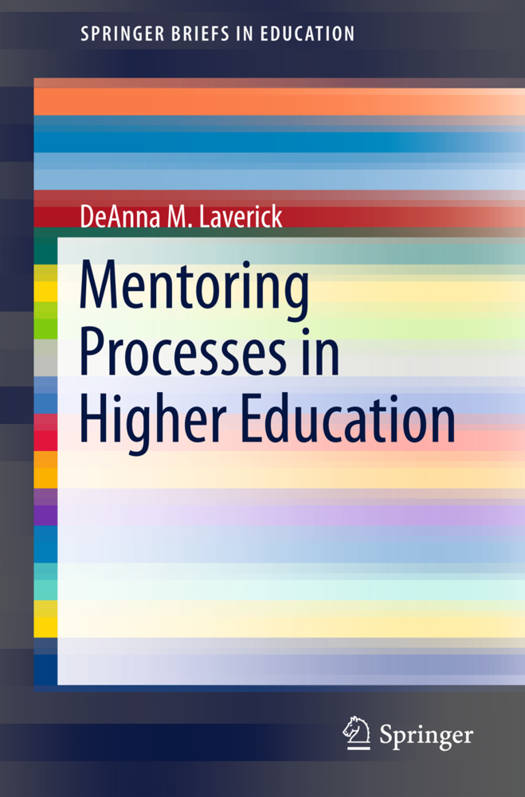
- Afhalen na 1 uur in een winkel met voorraad
- Gratis thuislevering in België vanaf € 30
- Ruim aanbod met 7 miljoen producten
- Afhalen na 1 uur in een winkel met voorraad
- Gratis thuislevering in België vanaf € 30
- Ruim aanbod met 7 miljoen producten
Zoeken
Omschrijving
This book portrays the various ways in which mentoring occurs in higher education. Targeting the stakeholders who benefit from mentoring, namely faculty, graduate and undergraduate students, and their professional colleagues, this book supports those who are involved in the mentoring process. It synthesizes the professional literature on mentoring and shares examples of effective practices that address the needs of mentors and their protégés. The book describes mutual benefits of mentoring, along with the characteristics of effective mentors and the ways in which they may support their protégés. The relationships discussed in Mentoring Processes in Higher Education surround mentoring new faculty; peer mentoring for professional development; mentoring through research, scholarship, and teaching opportunities; and mentoring through field experiences, athletics, and student organizations. The book shares the voices of mentors and their protégés as it illustrates how mentoring relationships form the basis for reflection, a transaction of ideas, and growth in knowledge and skills to ultimately advance the institution and field through a collaborative environment in which stakeholders thrive and are valued for their contributions. The cyclical effect of positive mentoring is illuminated through real-life examples that show how protégés eventually become mentors in a continual process of support.
Specificaties
Betrokkenen
- Auteur(s):
- Uitgeverij:
Inhoud
- Aantal bladzijden:
- 84
- Taal:
- Engels
- Reeks:
Eigenschappen
- Productcode (EAN):
- 9783319392158
- Verschijningsdatum:
- 28/06/2016
- Uitvoering:
- Paperback
- Formaat:
- Trade paperback (VS)
- Afmetingen:
- 156 mm x 234 mm
- Gewicht:
- 149 g

Alleen bij Standaard Boekhandel
+ 105 punten op je klantenkaart van Standaard Boekhandel
Beoordelingen
We publiceren alleen reviews die voldoen aan de voorwaarden voor reviews. Bekijk onze voorwaarden voor reviews.











